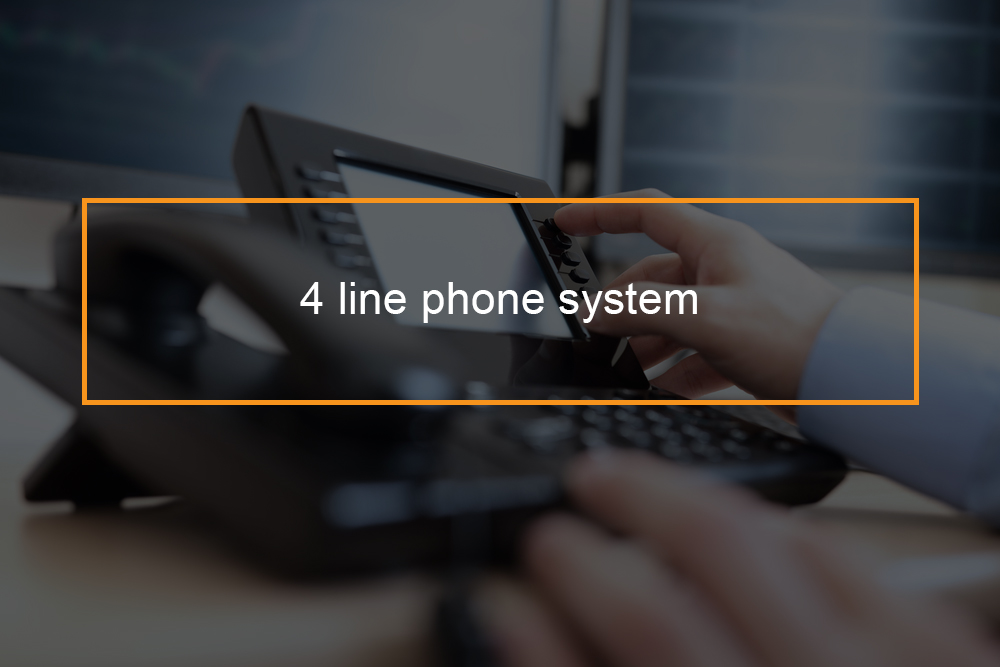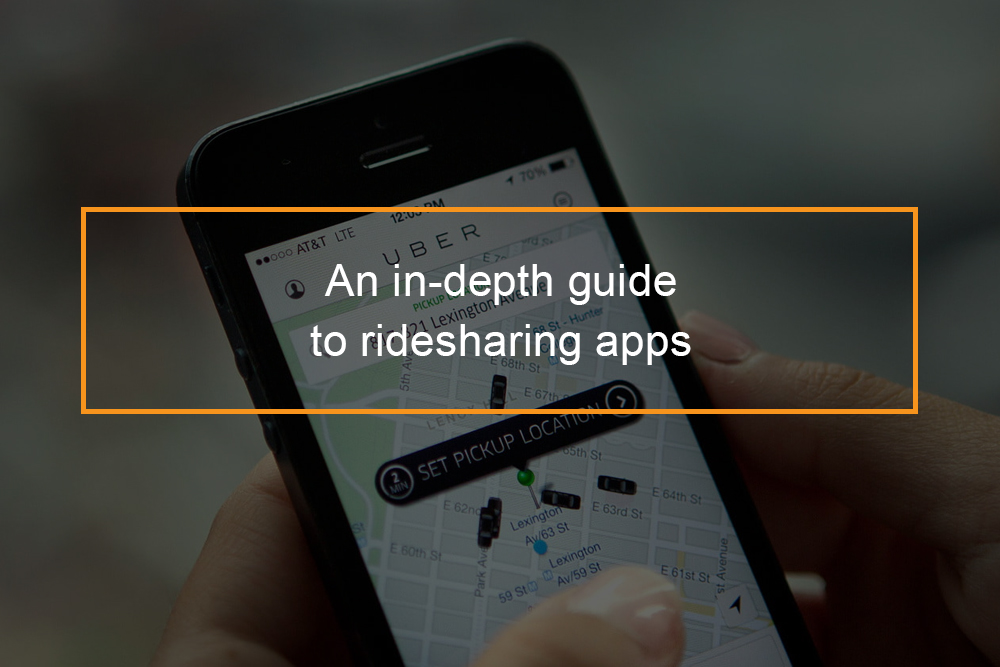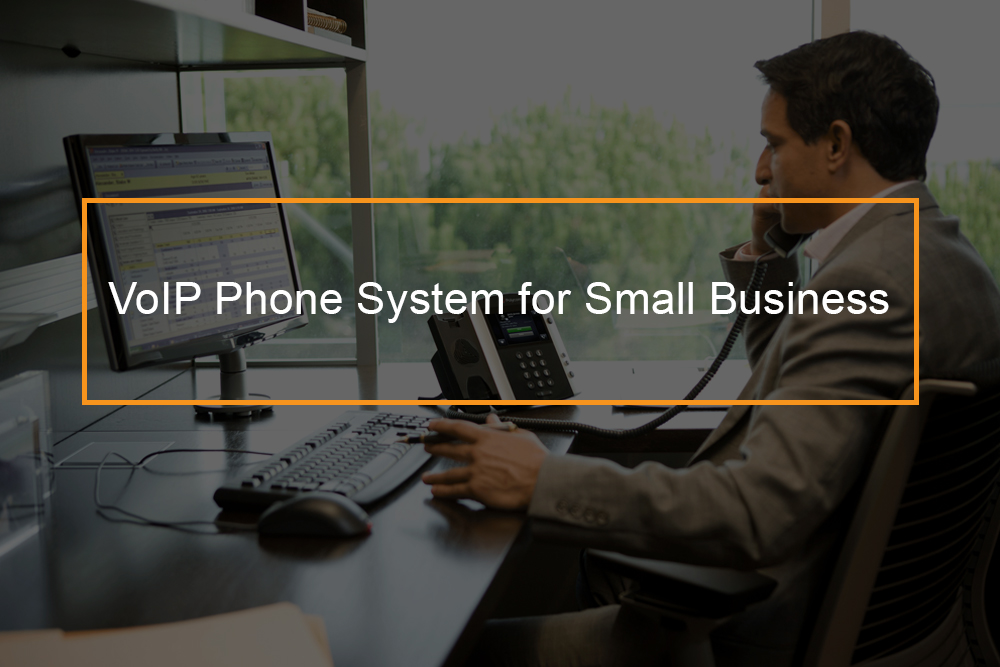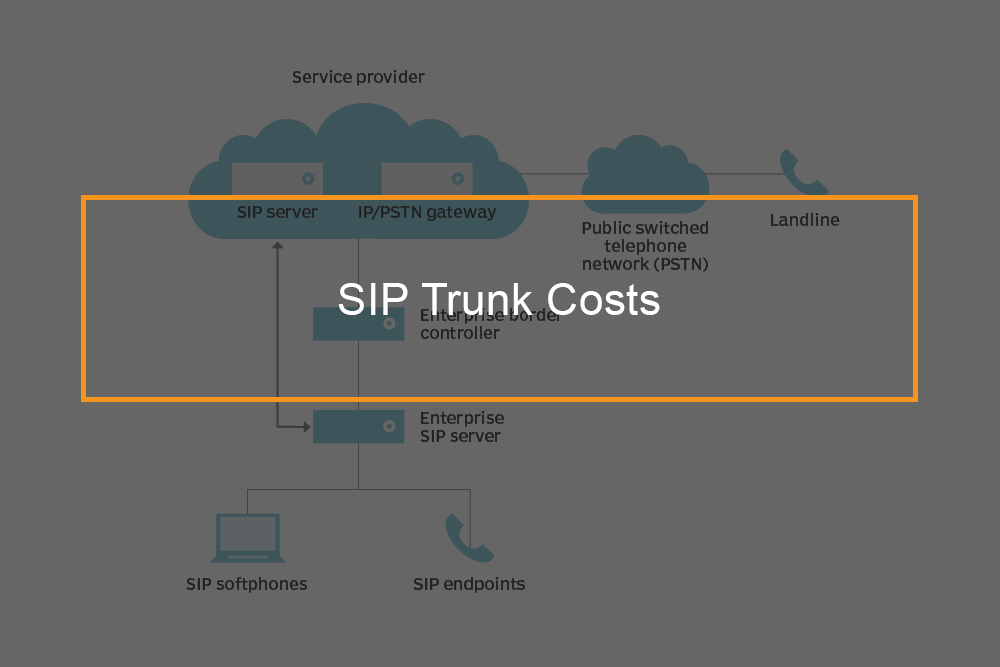Voice over Internet Protocol (VoIP): The complete beginner’s guide
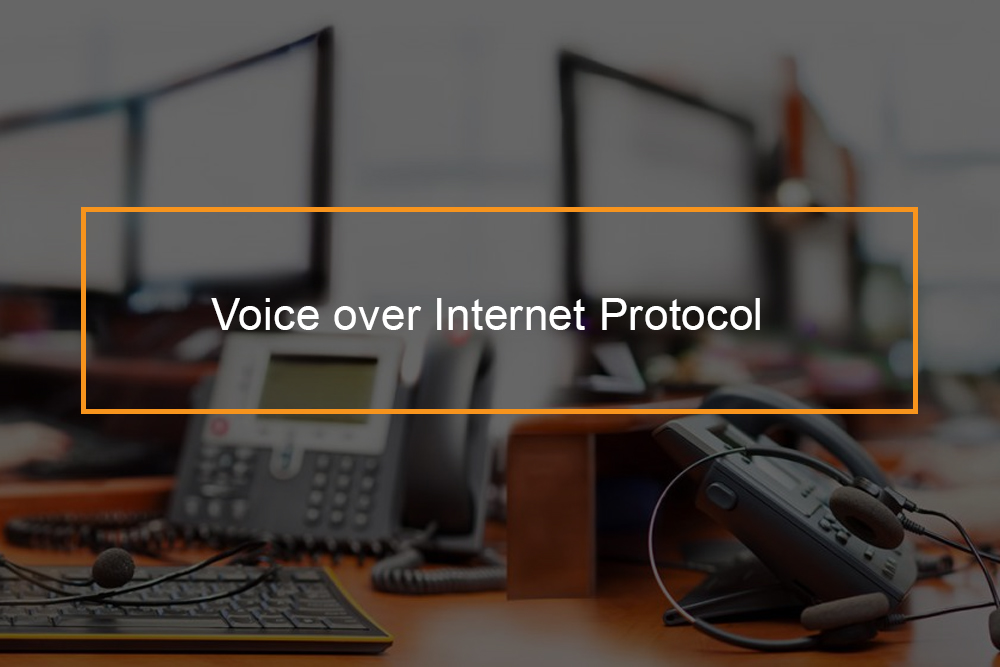 VoIP stands for Voice over Internet protocol. It is a technology for communicating using internet protocol rather than traditional analog systems. Some VoIP services require only a regular phone connection, while others let you make and receive telephone calls using an internet connection instead. Some VoIP services may enable you to call other people using the same service, but others may let you call any telephone number- including local, long-distance and international calling.
VoIP stands for Voice over Internet protocol. It is a technology for communicating using internet protocol rather than traditional analog systems. Some VoIP services require only a regular phone connection, while others let you make and receive telephone calls using an internet connection instead. Some VoIP services may enable you to call other people using the same service, but others may let you call any telephone number- including local, long-distance and international calling.
VoIP is an internet phone, that has been in the market for a long time after a varied succession of attempts to make internet calls accessible to clients. Basically, VoIP was initially designed for data networking. VoIP telephone has become increasingly popular in recent years as a result of low cost to the user and its versatility for business and personal use.
What does VoIP mean in computer terms?
VoIPs meaning in technical terms
Voice over Internet Protocol is a group of software and hardware that allows people to use the internet as the transmission channel for telephone calls. The main difference between VoIP and traditional phones is that VoIP sends voice data in packets using IP instead of traditional circuit transmissions of the Public Switched Telephone Network PSTN. Also VoIP phone systems do not use phone lines in the traditional sense of the term.
For VoIP implementations, you need to have a computer, VoIP software, and an internet connection. You also need either an analog telephone adapter, a microphone or Voice over IP VoIP telephone. Others need VoIP phones, which are like regular telephone handsets, but generally, connect to your computer via USB. Analog telephone adapters enable you to use regular phones with your computer. IP phones are another alternative that connect directly to the router or wireless broadband through ethernet or wirelessly. In this feature, you are going to learn about what VoIP phone is and other related questions that you may have.
VoIP is also known as IP telephony, digital phone, or internet telephony.
What is a VoIP phone system and how does it work?
How internet telephony works?
VoIP is often known as IP telephony since it uses internet protocols to make possible enabled voice communications. The internet protocols are the fundamentals of IP networking, which supports private, corporate, cable, and even wireless networks. VoIP technologies enable unified communications by uniting an organization’s many locations, including mobile workers into one converged communications network and offers an unparalleled range of telephony support services and features.
Before digital networking came into the picture, everyone had to use POT. POTS runs over PSTN. The POTS telephone systems use the tried and true approach of telephone service referred to as circuit-switched. For clients, the costs associated with the regulated circuit switching PSTN remain much higher than they require to be. Clients and businesses that depend on the POTS way of telephony indicate to the bottom line. The cool part is that Voice over IP is an alternative that can significantly decrease or remove POTS-associated costs. VoIP also improves productivity, leaving a bigger budget for other things in the office than paying telephone bills.
IP telephony operates by taking traditional voice signals and changing them to digitized voice (a kind that can be transferred efficiently over a local area network) (LAN). Therefore, the center of IP telephony is the same as traditional data networking with computers. IP-enabled phones manage the voice data conversation well; however, do not be mistaken. Adopting VoIP does not mean everyone has to use IP-enabled phones.
The best Voice over IP service providers implement IP telephony in a manner that protects your investment in existing telephone equipment, even though you have an analog telephone station.
What is VoIP example?
VoIP examples
Some of the VoIP apps examples include Aircall, Nextiva, Zoiper, WhatsApp, Skype, Viber, Google Hangouts, Google Voice, and Facebook Messenger. You choose the VoIP provider based on your needs.
Examples of IP telephony phone systems
There are different kinds of VoIP systems that can be implemented and deployed in your daily activity. Below are the various types of VoIP systems.
-
Software VoIP solutions
The simplest form of VoIP is a software application that is mounted on your computer and allows you to place calls to other users of the application, typically for free. An example of such a system is Skype. When using Skype, you can call any other service’s countless users for free from your smartphone, desk phone, tablet, or any other device that can run the software.
-
Self-hosted VoIP
Such a VoIP implies that you have to manage the installation and call content delivery yourself. It can be challenging not unless you have expertise in VoIP technology. Be ready to set in place a private branch network for directing calls within your system to various phones. It is also essential to have a PSTN gateway to change your voice (analog signals) to digital signals that can be delivered over the network.
-
Hosted VoIP
For a hosted VoIP service, a third-party provider handles the entire installation and call delivery, enabling you to focus on what is essential for your business. The service directs all calls critical to your company and also ensures quality uptime. Hosted VoIP solutions are more costly as compared to self-hosted systems but significantly improve overall productivity. This system is more suitable for the contact center and real estates.
-
Managed VoIP
This version of the unified communication solution is outsourced to a third party that takes care of all management needs, but rather than phone hardware being off-site, and the equipment is housed on-premise by the business.
-
Mobile VoIP
Similar to software-based VoIP, mobile VoIP is an application. They are mostly installed on softphones.
Examples of VoIP systems
-
Business VoIP phones systems
Cloud-based enterprise VoIP systems provide a constant business presence enabling staff to stay connected if they are in the office or not. Business phone systems come with features and functionalities such as CRN, web conferencing, instant messaging, video conferencing, and many more.
-
IP phone systems
IP phone systems make use of VoIP for setting up connections between two sets of users. One main advantage of Ip phones is that you do not have to pay anything to place long-distance voice calls. It contains features such as call recording, does not disturb, calls pickup and others.
-
Home VoIP phones systems
VoIP home phones systems support all your phones. It allows you to plug your current phone to the net and will enable you to stay connected with employees any place in the globe. Key features include call routing, call forwarding, caller ID, and many more.
Why use VoIP?
VoIP Advantages
A VoIP business phone system deploys the cloud. It increases business productivity by impacting in many areas. The following are the advantages of VoIP.
Long-distance VoIP calling
When you deploy Voice over Internet Protocol, you do not have a landline phone with a local number to communicate with people from all over the globe. VoIP allows you to take and place calls using your mobile device. You also have the option to use only one VoIP number when placing or making those phone calls.
Despite where you are or customer country you are calling, VoIP can connect calls at all times, at the same number. This feature enables VoIP to network world and makes it look like one region. It gives you the ability to reduce costs you are used to paying when it comes to international calling, by offering better charges.
VoIP is money saving
Unlike traditional telephony, VoIP helps you save money, without the loss of quality. You save money because you are not spending money on landline equipment and phone services. Working from home is an acceptable option today.
VoIP offers access to work files stored in the cloud, together with, video conferencing for team meetings. The utilization of filing cabinets is outdated and almost extinct. Your device can be your office, and you go with it wherever you go. Besides VoIP enables you to use Session Initiation Protocol (SIP) trunking to operate using an internet connection rather than traditional phone lines.
Flexible network layout
VoIP business phone enhances unlimited flexibility after you set up the network, and can change anytime the need arises. This is not always true with traditional systems since changing and expanding them can cost you more money.
Accessibility
A VoIP system is better in terms of accessibility than a traditional phone system. Distance or location makes no difference to a VoIP system if you are calling your head office from a different location or attempting to connect with someone living on the other side of the globe. In consideration of reliable internet connectivity, communication is possible. Besides, you can arrange for remote access to be able to work when you are not able to physically connect.
Disadvantages of VoIP
The main disadvantage of VoIP is that you cannot operate a VoIP phone system unless you have a stable internet connection with sufficient bandwidth; this includes placing an emergency call. In case you operate a Voice over IP network and the power goes out, you do not have a phone connection, and you do not have access to your phone system. Another issue effects of VoIP packetization. VoIP over packet switched network including internet possess issues such as VoIP packet loss which occurs when a large amount of traffic on the network causes dropped packets. This results in dropped conversations and a delay in receiving the VoIP voice communication.


